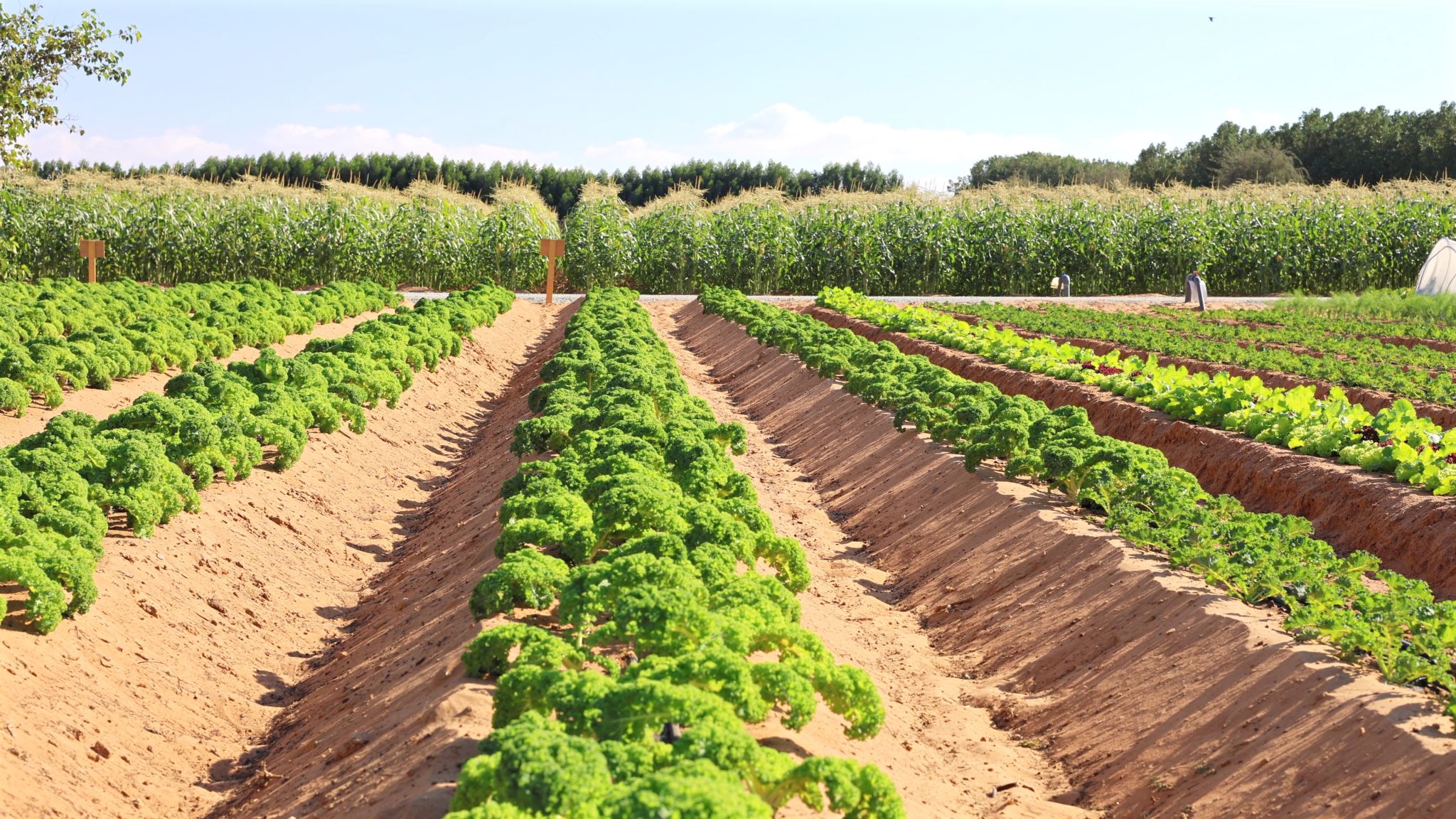Exploring Carbon Financing Opportunities in UAE's Agriculture Sector
Understanding Carbon Financing
In recent years, carbon financing has emerged as a pivotal tool in the global effort to combat climate change. It involves the process of funding projects that reduce or absorb carbon emissions, thereby generating carbon credits. These credits can be traded in carbon markets, providing an economic incentive for sustainable practices. The UAE, with its progressive approach towards sustainability, is exploring carbon financing opportunities, especially in the agriculture sector.
Carbon financing not only supports environmental sustainability but also offers financial benefits. By investing in carbon reduction projects, businesses and governments can meet their environmental goals while potentially profiting from the sale of carbon credits. This dual benefit makes carbon financing an attractive option for sectors like agriculture, which can significantly impact carbon emissions.

The Role of Agriculture in Carbon Emissions
Agriculture is a significant contributor to global carbon emissions, primarily through methane emissions from livestock and nitrous oxide from fertilizers. However, it also holds immense potential for carbon sequestration. By adopting sustainable practices such as reforestation, improved soil management, and reduced use of chemical fertilizers, the agriculture sector can substantially mitigate its carbon footprint.
In the UAE, the agricultural sector is evolving with a focus on sustainability. The arid climate poses challenges, but innovations such as vertical farming and hydroponics are paving the way for more efficient resource use. These practices not only improve productivity but also align with carbon reduction goals.
Opportunities for Carbon Financing in UAE Agriculture
The UAE's commitment to sustainability is evident through various initiatives and policies aimed at reducing emissions across sectors. For the agriculture industry, carbon financing presents a unique opportunity to support these objectives while enhancing economic viability. By investing in projects that promote sustainable farming techniques, the UAE can generate valuable carbon credits.

One potential area for carbon financing is the promotion of organic farming practices. By reducing reliance on synthetic fertilizers and pesticides, organic farming can significantly cut down on greenhouse gas emissions. Similarly, adopting precision agriculture technologies can optimize resource use and further reduce emissions.
Implementing Carbon Finance Projects
To successfully implement carbon finance projects in agriculture, collaboration between government entities, private sectors, and international organizations is crucial. Establishing clear guidelines and frameworks for carbon credit generation and trading will be essential to ensure transparency and efficiency.
The UAE can leverage its position as a global hub for innovation to attract investments in carbon finance projects. By fostering partnerships and providing incentives for sustainable agricultural practices, the nation can lead by example in the region.

The Future of Carbon Financing in UAE
The future of carbon financing in the UAE's agriculture sector looks promising. As awareness about climate change grows and the demand for sustainable products increases, there will be more opportunities to integrate carbon finance into agricultural practices.
By focusing on sustainability and innovation, the UAE can play a pivotal role in shaping the future of agriculture in the region. Carbon financing offers a pathway to achieve both environmental and economic goals, positioning the UAE as a leader in sustainable development.
